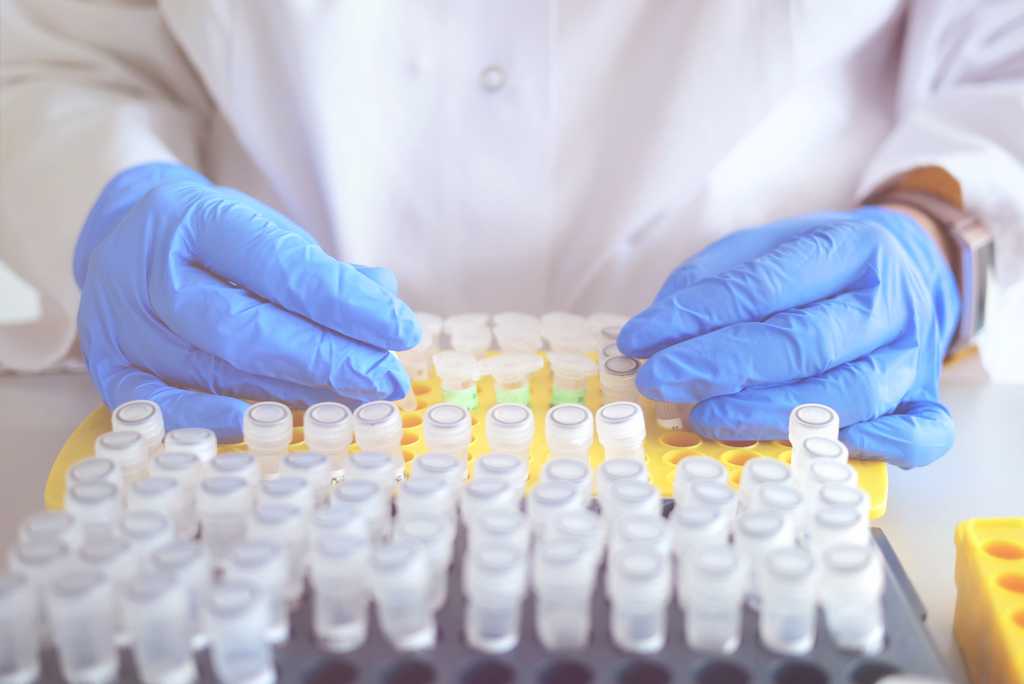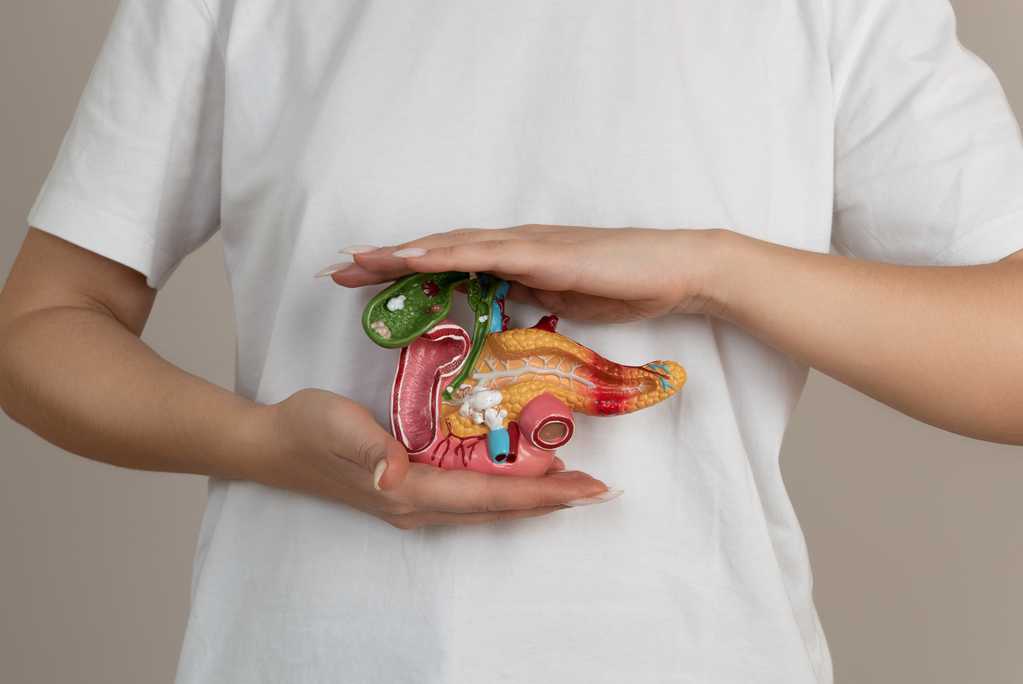I've been diagnosed with pancreatic cancer
I've been diagnosed
The shock and stress that people may feel after a diagnosis of cancer is common and it is often difficult to think of questions to ask when attending your doctor or pancreatic specialist.
Often it helps to make a list of questions before an appointment. Bringing a family member or friend with you when you talk to the doctor-to take part in the discussion, to take notes, or just to listen can help.
Always remember that the doctor is there to answer your questions so don’t be afraid to voice your opinion or question any action or procedure.
Common questions to ask your doctor
- What kind of pancreatic cancer do I have?
- What stage is my cancer?
- Has the cancer spread beyond my pancreas?
- What treatments can I have for pancreatic cancer?
- What treatments can I have to control the symptoms I have been having?
- Do I need to see any other professionals or specialists?
- Are there any clinical trials that may be suitable for me?
- What is the goal of my treatment?
- How will my disease and treatments affect my life?
- What services and support are available to me?
- Who should I contact if I have a question or a problem (inside and outside of normal working hours)?
What is Pancreatic cancer and how is it diagnosed?
This booklet for patients and carers describes pancreatic cancer, its causes and symptoms. It gives detailed information on the diagnostic tests used and the stages of pancreatic cancer. It includes a section on what to ask your doctor, where to go for further information and a glossary to explain many of the terms used.
View booklet
Control the symptoms of pancreatic cancer
This booklet covers the different procedures used to control pancreatic cancer symptoms with practical information about your hospital visit and returning home. Includes a section about second opinions, clinical trials and questions to ask your doctor and a glossary to explain some of the terms used.
View booklet
-
If you live in the UK and have been diagnosed with pancreatic cancer, you should have your case reviewed at a specialist cancer care centre. These centres have been set up across the UK on a regional basis. Hospitals in a region work together with the specialist centres to try to ensure the best treatment and care for all patients.
North East
Newcastle: The North East’s Hepato-Pancreato-Biliary (HPB) Centre, Freeman Hospital in Newcastle.
North West
Blackburn: The East Lancashire Specialist HPB Cancer Multidisciplinary Team (MDT), Royal Blackburn Hospital within the East Lancashire Hospitals NHS Trust.
Manchester: Surgical centres – Central Manchester Foundation Trust (Manchester Royal Infirmary). Oncology services are provided at Christies NHS Foundation Trust.
Liverpool: The Hepato-Pancreato-Biliary (HPB) Team Royal Liverpool and Broadgreen University Hospitals NHS Trust. Oncology services are provided at The Clatterbridge Cancer Centre.
East
Cambridge: Cambridge Hepato-Pancreato-Biliary Cancer Service, Cambridge University Hospitals NHS Foundation Trust (Addenbrooke’s Hospital).
East Midlands
Nottingham: The Nottingham Hepato-Pancreatico-Biliary (HPB) Service, Nottingham University Hospitals NHS Trust (Queens Medical Centre).
West Midlands
Stoke on Trent: University Hospital of North Staffordshire NHS Trust (City General Hospital).
Birmingham: University Hospitals Birmingham Foundation Trust (Queen Elizabeth Hospital Site).
Coventry: University Hospitals Coventry and Warwickshire NHS Trust.
Yorkshire
Leeds: Leeds Teaching Hospitals NHS Trust (St James University Hospital) Hull: Hull and East Yorkshire Hospitals NHS Trust Hull Centre (Castle Hill Hospital).
Sheffield: Weston Park Cancer Centre.
London
London – North West: The hepato-pancreato-biliary (HPB) unit at Hammersmith Hospital Imperial College Healthcare NHS Trust
London – North: Royal Free London NHS Trust.
London – North East: Barts and The London HPB Centre (Royal London Hospital, Whitechapel).
London – South East: The Hepatobiliary and Pancreatic (HPB) Service, Kings College Hospital NHS Foundation Trust.
London – South West: Royal Marsden NHS Foundation Trust.
South East
Kent: The Hepatobiliary and Pancreatic (HPB) Service, Kings College Hospital NHS Foundation Trust
London Oxford: The Hepatobiliary and Pancreatic (HPB) Cancer Multidisciplinary Team (MDT), Oxford Radcliffe Hospitals NHS Trust (Churchill Hospital).
Southampton: Southampton University Hospitals NHS Trust Guildford: The Regional Hepatopancreaticobiliary (HPB) Unit, Royal Surrey County Hospital.
South West
Plymouth: Peninsula Liver and Hepatobiliary Cancer Centre, Plymouth Hospitals NHS Trust.
Wales
North Wales: Royal Liverpool and Broadgreen University Hospitals NHS Trust.
South Wales: Abertawe Bro Morgannwg University Health Board, Morriston Hospital, South Wales Cancer Network.
Cardiff: Oncology centre Velindre Cancer Centre Swansea: Oncology centre Singleton hospital.
Scotland
Aberdeen and Dundee: Aberdeen Royal Infirmary and Ninewells Hospital, Dundee [Surgical centres for North of Scotland Cancer Network
Edinburgh: Royal Infirmary of Edinburgh [Surgical centre for South East Scotland cancer network.
Glasgow: Royal Glasgow Infirmary and Beatson West of Scotland Cancer Centre for non-surgical treatment. [Surgical centre for West of Scotland Cancer Network.
Inverness: Raigmore Hospital, NHS Highland. [Surgical centre for North of Scotland Cancer Network, Highland area.
Northern Ireland
Belfast: Belfast Hospitals Trust [Surgical centre for Northern Ireland cancer network.
Ireland
Dublin: National Surgical Centre St Vincent’s Hospitals.

Treatment
Treatment for pancreatic cancer depends on the stage of the tumour and if it can be removed.
Read more
Clinical trials
Clinical trials are medical research studies where an intervention or treatment is offered to people to test how well it works.
Read more
Stages of pancreatic cancer
Staging describes the size of the cancer, and how advanced the cancer is (whether it has spread).
Read more
Treatments for symptom control
Learn about some of the more common symptoms and how they might progress. It can help prepare you for what to expect.
Read more
Diet and nutrition
Nutrition is an important focus for people who have been diagnosed with pancreatic cancer.
Read more
Common misdiagnosis
Pancreatic cancer can be a difficult condition to diagnose. Symptoms of the disease can be vague and therefore mistaken for other conditions
Read more
Should I get a second opinion?
You may want another medical opinion about your diagnosis or treatment if you have doubts about your diagnosis.
Read moreThe information provided in this site, or through links to other websites, is not a substitute for medical or professional care and should not be relied upon as such. Read our disclaimer.
Sources and references for this information product will be supplied on request. Please contact us quoting the Information Product number below:

- Information Product No: TBC
- Published: 14 Oct 2019
- Last updated: 2 Jul 2024
- Next Review Due: 27 Jun 2027